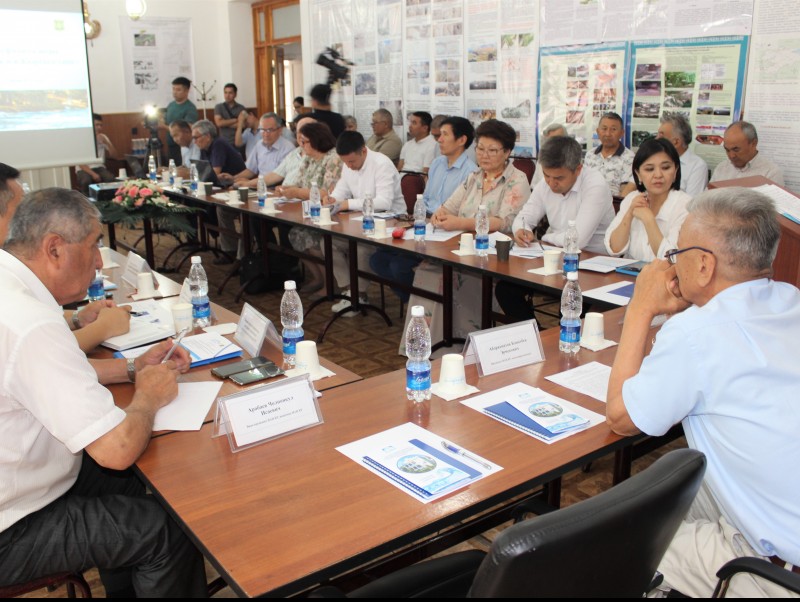
Scientists-hydrologists have calculated the current water consumption volume in the capital to be 400 liters per person per day. This figure was obtained by dividing the water consumption amount, which is 6 cubic meters per second, by 1 million 200 thousand people—the population of Bishkek. This exceeds the norms set by "Bishkekgorvodokanal": 170 liters for one resident of a private house and 310 liters for an apartment in a multi-story building.
Rafael Litvak, Doctor of Technical Sciences and employee of the Institute of Water Issues and Hydroenergy of the National Academy of Sciences of Kyrgyzstan (IWP and HE), believes that such excessive and uncontrolled consumption has led to a decrease in the water level in the Orto-Alysh water intake, which supplies the city with drinking water. According to "Bishkekgorvodokanal," the static water level in it has dropped to 20 meters, indicating that the water consumption exceeds its reserves. Despite the fact that the water intake "spends" half of its reserve on the townspeople, the level of groundwater has sharply decreased. "The city consumes more water than comes to the Orto-Alysh deposit. Moreover, the rivers Ala-Archa and Alamedin fill the water intake in sufficient quantities and even more. Therefore, the reasons for the water deficit are not in climate change and the "temperature lag" effect when glaciers have not yet begun to melt, but the city is already experiencing hot weather. It is more about the management regime," said Sergey Erokhin, head of the laboratory of "dangerous exogenous and hydrogeological processes" at IWP and HE NAS KR.
From the scientists' perspective, expanding the Orto-Alysh water intake and drilling additional wells around it will not solve the current water situation. Their recommendations, voiced in a meeting with representatives of responsible government structures and city services, call for strengthening control over consumption among the population and additional technical equipment for the water supply system. Number one on this list of suggestions is the installation of water meters in houses with household plots. Only 2.5% of households have meters out of the total number. The process is hindered by violations of norms during the construction of private houses, especially in residential areas around the capital. "Houses are often built using the 'ashar' method here, all pipes are hidden underground, and finding where to connect is a big problem for our staff. Although we are ready to install meters at our own expense," said Talaybek Orozov, the head of "Bishkekgorvodokanal." According to him, multi-story buildings are equipped with meters only 40%, and the chaotic construction of elite residential areas, leading to an increase in the number of consumers, only exacerbates the water shortage. In this case, when issuing permits, construction companies should be required to install local treatment facilities in each new residential complex.
Scientists and city services emphasized the urgency of building a new water intake for irrigation needs. Representatives of science suggested placing the water intake along the Great Chui Canal. They have already modeled this option and conducted technical calculations. Funds for the construction of the water intake are provided in the budget of 500 million soms approved by the parliament to address the water deficit. As additional sources, scientists suggested considering "dried-up" reservoirs, such as Alamudun, which, after purification, could become a reservoir for storing and supplying water for car washes and other services that use clean drinking water.
The meeting was organized at the initiative of the Institute of Water Issues and Hydroenergy of the National Academy of Sciences of Kyrgyzstan (IWP and HE) and with the support of the NGO "SAMR Alatoo." The dialogue between representatives of the scientific community and officials responsible for the water supply of the capital confirmed the readiness of both parties to cooperate. A scientifically grounded approach, combined with competencies and access to finances, should work better than reducing volumes or completely disconnecting water from the population.
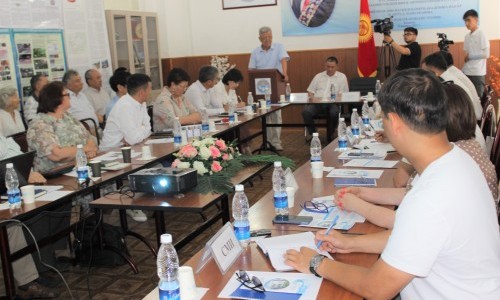
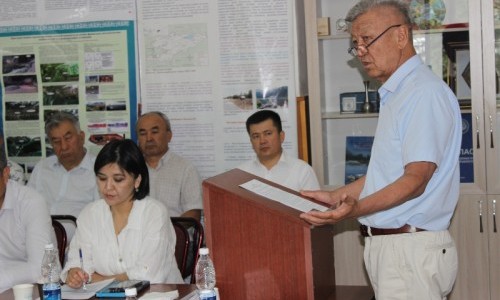
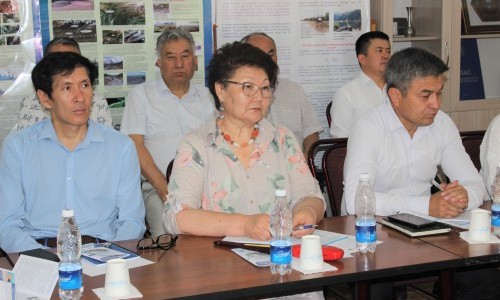
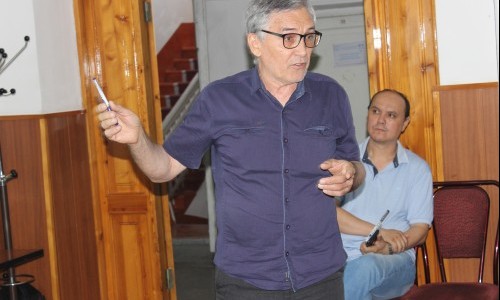
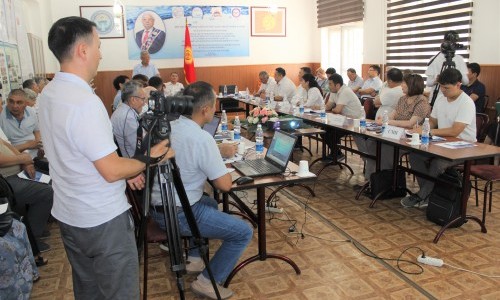
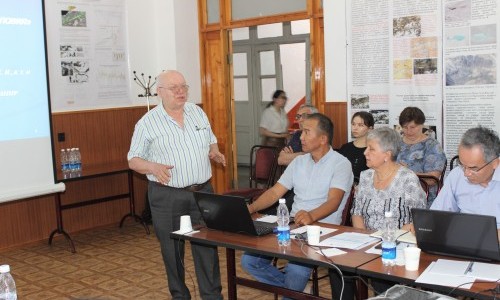
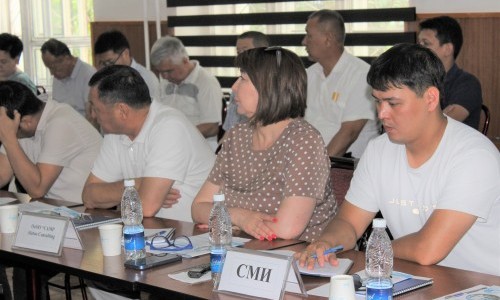
Итоги пастбищного сезона 2018 года были подведены на очередном заседании районной пастбищной комиссии (РПК).
MoreThe development of the unified method, "Monitoring Pastures at the Local Level," is nearing completion.
MoreЧетыре новых моста построены в 2018 году в Кыргызстане при поддержке ОФ “CAMP Алатоо” и Швейцарской ассоциации “Памирские...
More